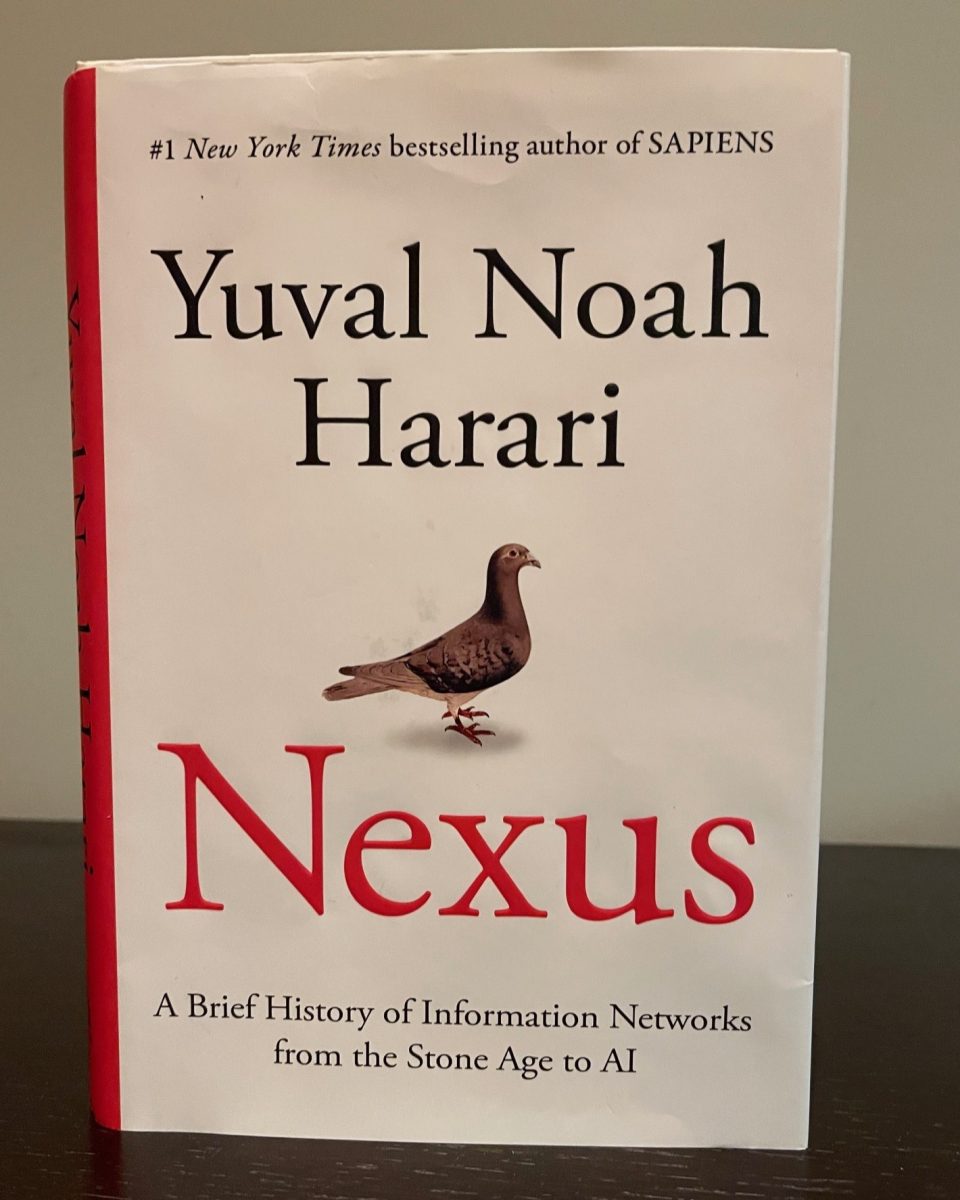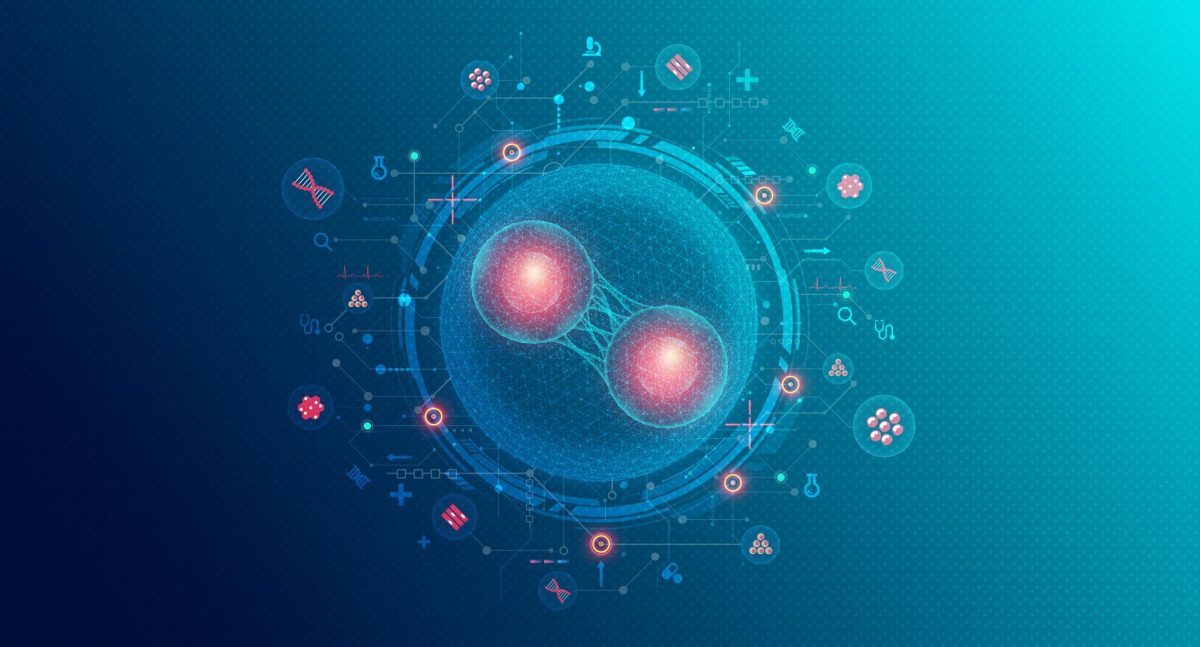In Yuval Noah Harari’s new book Nexus, Harari challenges the “naïve view” of John Milton that more information leads to truth. He takes the position that the information’s primary function is to connect and organize people rather than represent reality. He contrasts myth, which is engaging but potentially inaccurate with the boring bureaucratic lists, arguing that societies require both to function.
Harari draws direct parallels between religious texts, such as the Bible and AI, seeing both as fallacious attempts to create an “infallible” superhuman authority. But this AI that has been made is anthropocentric and will not truly be powerful, since we have interfered with its pathway. He expresses his concerns about AI’s potential dangers, including its ability to create new myths and cults. But people do not realize that the onus falls on them.
AI, not only stands for Artificial Intelligence, but also Anthropocentric Intelligence. All of the AI that we have created carries human ideas and human notions. However, Harari is known as a techno-futurist who contemplates doomsday scenarios on the regular. While Harari’s perspective is refreshingly original, some of his scenarios seem implausible or quixotic.
Democracy and totalitarianism serve as opposites of their own on the political spectrum. Now digital media is having an influence of its own upon this world. Mr. Harari posits that AI are roughly “new kinds of gods.” He envisions a future where autocrats control the future using AI, and it is a very dark, dreary future indeed.
Harari’s status as an outsider is immediately obvious. Any “autocrat” attempting to use AI to control others will immediately come to realize that he/she relies on skilled programmers to enforce his/her will, and there comes the even larger issue of self-repairing intelligences. That threshold will be passed in this decade, superintelligent artificial entities will be reasonably more intelligent than any human, and once you lose the keys you lose the whole statue. It is a logical impossibility. Remember, if such an event ever occurs, then we must accept it is our fault, and ultimately our problem to fix.
The main LLMs all run based on human ideas and creations. Mr. Harari’s narrative is engaging, and his framing is incredibly original, but to be blunt, he doesn’t really know what he’s talking about. Tech enthusiasts will find themselves reading about unexpected aspects in history, and history buffs such as Yuval Harari will gain a more thorough understanding of the AI debate.



















